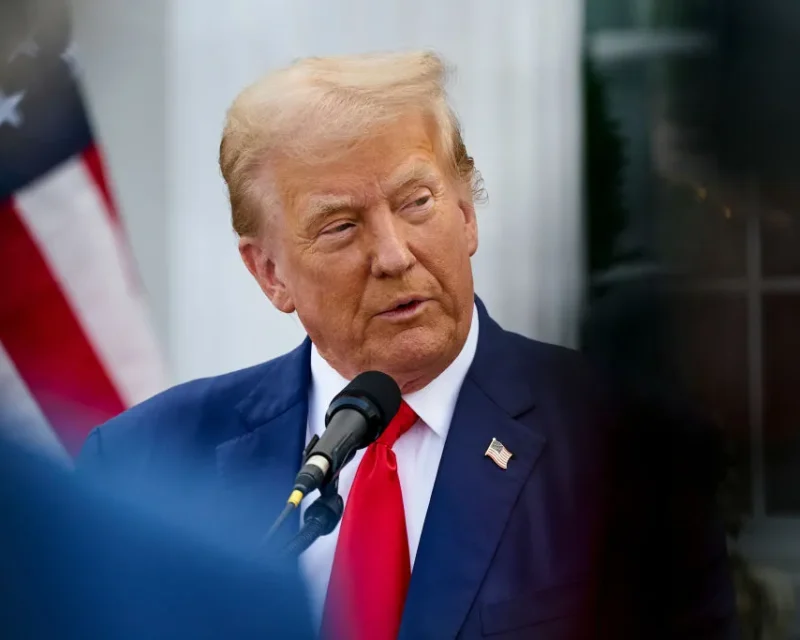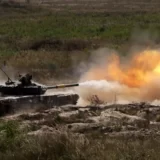It’s Time for NATO to Stand on Its Own as the Presidential Elections Near
As the U.S. flirts with the idea of withdrawing from NATO, Europe finds itself at a crossroads. For decades, the North Atlantic Treaty Organization has been the cornerstone of Western defense, with the U.S. serving as its financial and military backbone. But with the possibility of an American exit, the question looms: Should Europe sustain NATO on its own?
NATO was always intended to be a collective defense alliance, yet the burden has disproportionately fallen on the U.S. The American government has long been the largest contributor to NATO’s budget, covering nearly 70% of the alliance’s expenses. Meanwhile, many European members have lagged in meeting their defense spending commitments, drawing sharp criticism from U.S. leaders.
Enter Donald Trump and Kamala Harris, two candidates with starkly different views on NATO’s future. Trump has consistently voiced his displeasure with NATO, particularly regarding European nations that fail to spend 2% of their GDP on defense. His vision? A two-tier NATO, where members who don’t pull their weight could lose out on U.S. protection. For Trump, the idea of the U.S. acting as Europe’s security guarantor while European nations underfund their militaries is a bad deal—one he’s not afraid to renegotiate or abandon altogether.
On the other hand, Kamala Harris, while more diplomatically inclined, needs to recognize the need for Europe to step up. Some argue that her stance should be less about abandoning NATO and more about encouraging greater European self-reliance. If she were to work towards a future where Europe takes on a larger share of its defense responsibilities, allowing the U.S. to shift focus to other global priorities. Harris might push for a stronger, more united Europe within NATO, but she won’t shield European allies from the financial and strategic responsibilities that come with collective security.
For Europe, the writing is on the wall. The days of relying on U.S. military and financial support are numbered. Whether through a Trumpian hardline approach or a Harris-driven diplomatic nudge, Europe must be prepared to pay its own way in NATO. This shift could redefine the alliance, making it more balanced and, ultimately, more sustainable. But it also raises a critical question: Is Europe ready to take the lead in its own defense, or will it crumble under the weight of newfound responsibilities?






